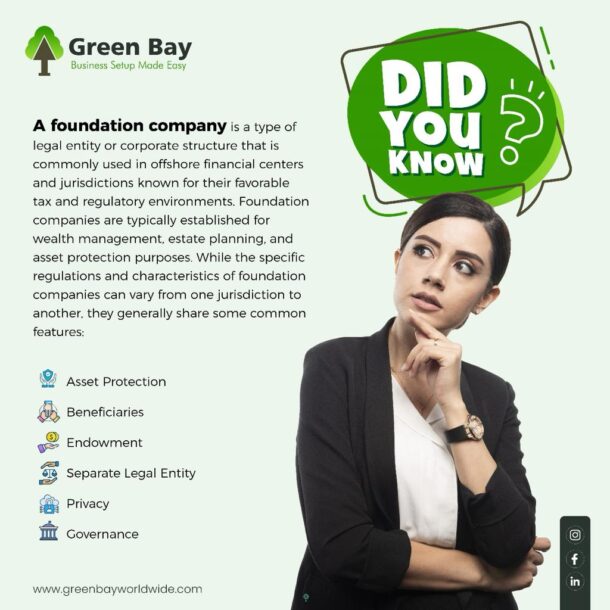
Close
1. Choose a Free Zone:
Dubai has several free zones, each designed for specific types of business activities. Examples include Dubai Media City, Dubai Internet City, and Jebel Ali Free Zone. Choose a free zone that aligns with your business needs.
2. Choose Your Business Activities:
Clearly define the activities your company will engage in. Some free zones have restrictions on certain activities.
3. Choose a Company Name:
Choose a unique name for your company that complies with the naming regulations of the chosen free zone.
4. Appoint a Registered Agent:
You’ll need a registered agent to facilitate the incorporation process. This can be a consultancy or law firm specializing in business setup.
5. Gather Required Documents:
Documents usually include passport copies of shareholders and directors, proof of address, business plan, and application forms provided by the free zone.
6. Submit Application:
Submit the application along with the required documents to the chosen free zone authority. The relevant free zone authority will review the application.
7. Signing the Memorandum of Association (MOA):
After approval, you’ll need to sign the MOA and pay the remaining fees.
8. Obtain License and Permits:
Once the payment is made, you will receive your business license and relevant permits.
9. Open a Corporate Bank Account:
Use your business license to open a corporate bank account in Dubai. Many free zones have partnered with specific banks to streamline this process.
10. Visa Application (Optional):
If you need visas for employees or investors, apply for them through the respective free zone authority.
11. Compliance and Renewal:
Ensure compliance with all regulations. Dubai has certain reporting requirements, and you’ll need to renew your license annually.